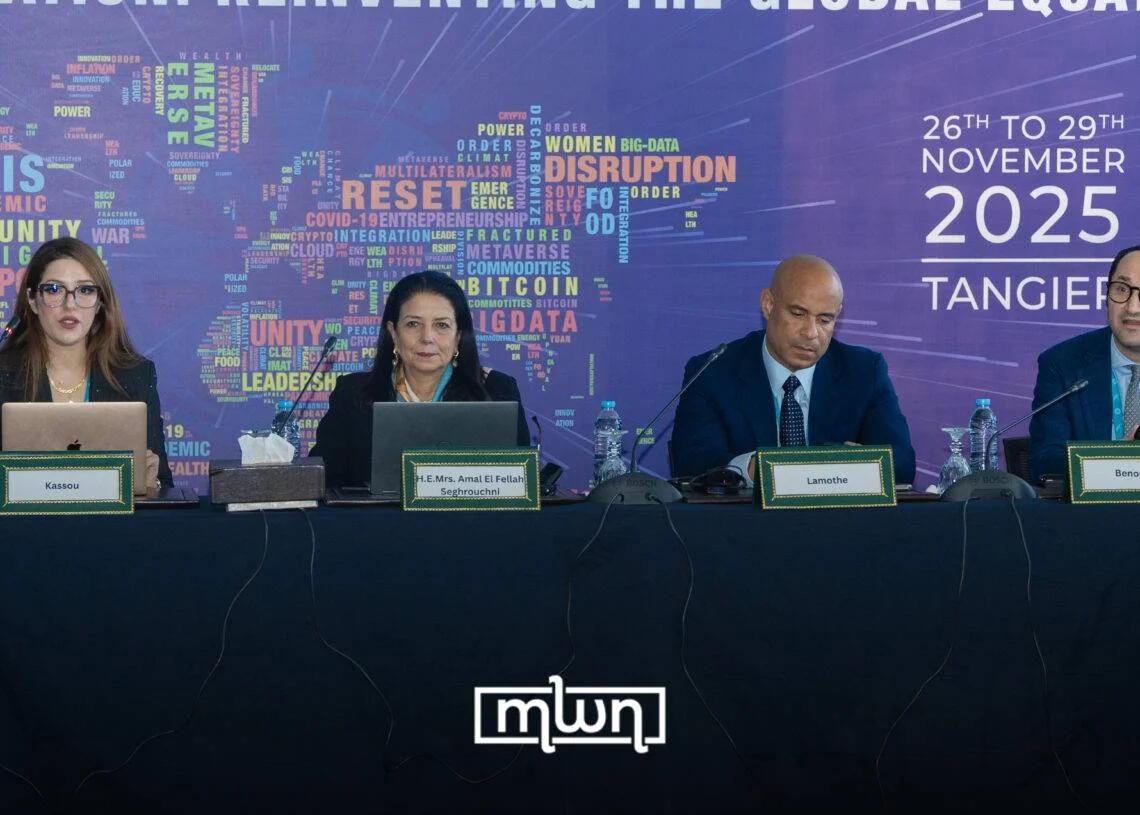In response to escalating climate threats, Renewables First and New Energy Nexus have launched Climate Innovation Pakistan (CLIP), a pioneering national platform aimed at advancing homegrown climate tech solutions. Despite contributing less than 0.9% to global greenhouse gas emissions, Pakistan is one of the most vulnerable countries to climate change. The launch event at the National Incubation Centre marks a significant milestone in addressing this urgent issue with technology-driven solutions.
The initiative introduces two key components: a Climate Tech Incubator by Renewables First, offering a tailored curriculum for early-stage climate ventures, and a New Energy Academy by New Energy Nexus, designed to upskill the solar industry workforce in Pakistan.
The event’s discussions highlighted the critical need for specialized incubation programs and targeted capacity-building curricula, supported by a mix of global and local experts. With the right policy environment, Pakistan’s climate tech ecosystem is at a crucial point, offering great potential for disruption, innovation, and long-term impact.
Muhammad Bilal Abbasi, General Manager of Ignite Funds, praised CLIP, stating, “It not only adds value to the existing ecosystem but also helps strengthen Pakistan’s economy.” He added that Ignite’s own Incubator will complement CLIP’s efforts.
Stanley Ng, Global Partnerships Director at New Energy Nexus, discussed the organization’s regional experience, explaining how the New Energy Academy will support the solar workforce in Pakistan.
Aafaq Ali, Vice Chairman of the Pakistan Solar Association, welcomed the collaboration, emphasizing the urgent need to improve solar installation quality in Pakistan.
Ahtasam Ahmad from Renewables First presented his whitepaper, “Pakistan’s Climate Tech Opportunity,” outlining both the challenges and the untapped potential in the country’s startup ecosystem, along with an implementation roadmap to scale the climate tech vertical.
The launch event also featured a panel discussion titled “The Role of Ecosystem Support Organizations (ESOs) in Building an Investable Climate Tech Pipeline.” Panelists agreed that impact investment is the most viable path forward for climate tech innovation in Pakistan. However, unlocking this potential requires stronger collaboration between public and private sectors, greater alignment between academia and industry, and tailored support for early-stage startups.
Sayyed Ahmad Masood emphasized the need for customized support models, recognizing that a one-size-fits-all approach is no longer effective. Similarly, Shehryar Hyderi noted that while Pakistan is currently facing a funding drought, climate tech could emerge as a promising sector for recovery post-2025.
Merai Syed pointed out that the support ecosystem has not kept pace with the needs of the climate tech sector. She stressed that academic institutions must adapt and align more closely with real-world climate challenges to effectively nurture innovation.
On gender inclusion, Zainab Saeed highlighted the untapped potential for women-led ventures in climate tech, urging ESOs to focus on de-risking investments for female founders by providing tailored mentorship, capital access, and addressing systemic barriers like gendered perceptions of risk and limited visibility in tech-driven innovation spaces.















